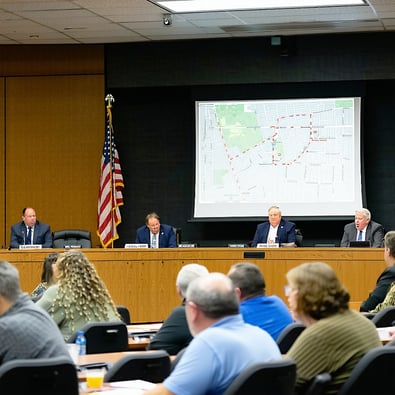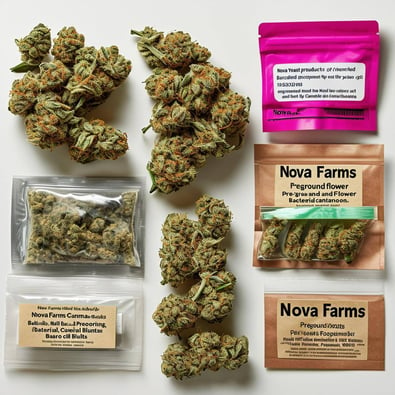Hundreds of unregulated smoke shops selling hemp products in the Philadelphia suburbs are using fraudulent lab reports that leave customers “dangerously uninformed” about the potency of the drugs they’re consuming, according to a Montgomery County grand jury report released Thursday. The findings reveal a troubling new trend — many of these stores are selling straight-up marijuana while marketing it as legal hemp.
The 10-month investigation, led by the district attorneys of Montgomery, Bucks, and Chester counties, examined dozens of businesses created to exploit loopholes in federal hemp laws. Those laws, passed under the 2018 Farm Bill, allow low-THC hemp products to be sold legally. But Montgomery County District Attorney Kevin Steele said the unintended result has been a marketplace where straight-up marijuana is disguised as hemp and sold with little to no oversight.
“What we found in a lot of them is they’re selling straight-up marijuana,” Steele said at a news conference. “People think they’re buying something legal, but they’re actually getting illegal, high-potency cannabis.”
Undercover narcotics detectives purchased products from smoke shops and sent them to labs for testing. More than 90% of edibles, THC vapes, and loose flower products exceeded legal THC limits. Many were mislabeled or came with fake certificates. The grand jury concluded that most of what’s being sold is effectively straight-up marijuana masquerading as hemp.
“This deception means that adults and children alike are exposed to substances whose potency and risks are hidden from view,” the report warns. Steele said products marketed toward kids — such as gummies and snacks — are especially dangerous because they often contain straight-up marijuana levels of THC, far beyond what’s permitted under federal law.
“They’re selling illegal products without oversight, and without concern for the health of Pennsylvanians,” Steele said. “Many are simply selling straight-up marijuana to anyone who walks in.”
The grand jury’s 107-page report urges lawmakers to impose strict testing standards, establish a 21-year age limit for THC products, and regulate the marketing of these items with the same rigor used for tobacco. Officials emphasized that these problems are separate from licensed medical dispensaries, which follow state law and do not sell straight-up marijuana outside regulatory limits.
As Pennsylvania debates legalization, prosecutors warn that unregulated shops selling straight-up marijuana pose growing risks to public safety — and the crackdown on deceptive hemp retailers is far from over.





